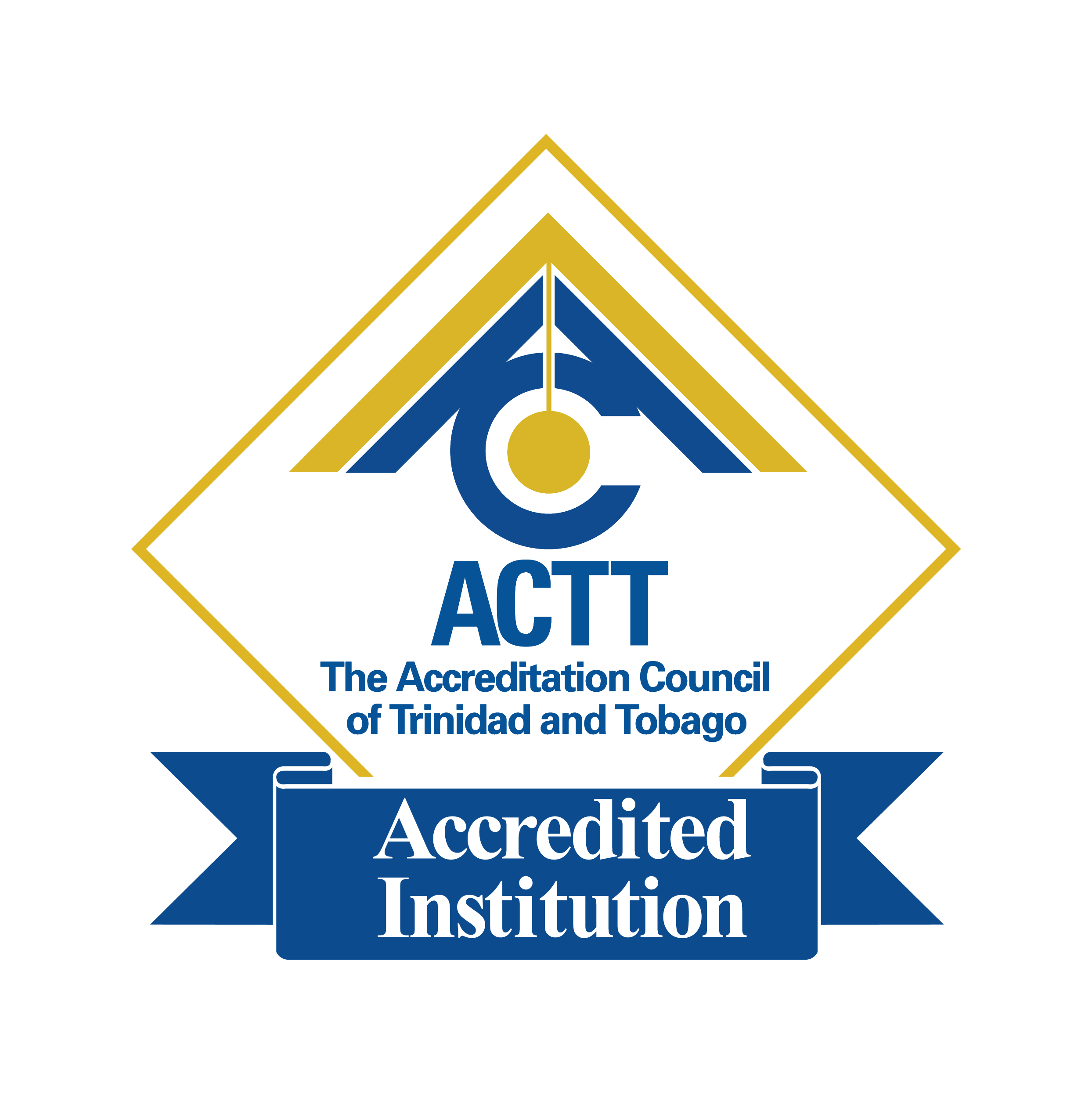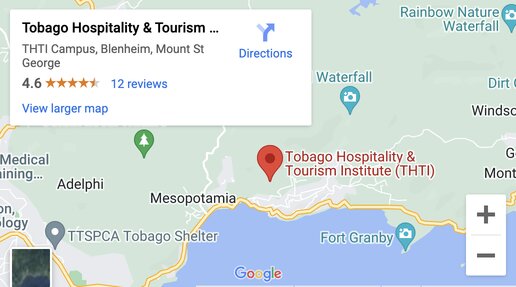7 Essential Budgeting Tips for Small Business Owners
- Share this post
Loading Video...
Video Credit: 4G Capital Youtube Channel
For small business owners, effective budgeting is crucial to maintaining financial stability and achieving long-term success. Budgeting allows you to allocate resources wisely, make informed decisions, and navigate economic uncertainties. By implementing smart budgeting practices, you can streamline operations, maximise profitability, and pave the way for sustainable growth.
Create a Realistic Budget
Review your historical financial data, such as revenue, expenses, and cash flow, to identify patterns and trends. Be thorough and include all potential costs and consider both short-term and long-term objectives while setting your budget to ensure it reflects your business’s financial reality.
Prioritise Essential Expenses
Distinguish between essential and non-essential costs to allocate funds effectively. Essential expenses typically include rent, utilities, inventory, employee salaries, and necessary equipment. Non-essential expenses should be minimised until your business achieves financial stability.
Track and Monitor Expenses
Implement a robust system for tracking and monitoring all financial transactions, whether through accounting software or spreadsheets. Regularly review your financial statements and statements of cash flow to identify any areas of overspending or potential cost-saving opportunities.
Explore Cost-Saving Strategies
Look for opportunities to negotiate better deals with suppliers, find affordable alternatives for necessary resources, or reduce overhead expenses. Embrace technology solutions that automate manual processes and streamline operations. Small savings can add up and significantly impact your bottom line.
Establish Emergency Funds
Businesses often face unexpected challenges or downturns, making it crucial to have an emergency fund. Set aside a portion of your revenue each month to build a financial cushion that can support your operations during lean periods or unforeseen circumstances.
Review and Adjust

Budgeting is an ongoing process, not a one-time task. Regularly review your budget and compare it with your actual financial performance. Identify any variances or discrepancies and adjust your budget accordingly.
Budgeting is an essential practice for small business owners, enabling them to effectively manage their financial resources and achieve their goals. By creating a realistic budget you can pave the way for financial stability and long-term success.
Learn more about our upcoming short courses here to help your small business thrive or build your professional skills.
- Share this post
Upcoming Events:
Related Posts:
More You Might Like
Upcoming Short Courses:
- Lecturer: Raakesh Madoo
- Online Classes, Face to Face
- 30 hours
- Short Courses
- Lecturer: Chef Sonia Phillip
- Face to Face
- TBD
- Coming Soon, Short Courses
- Lecturer: Chef Sonia Phillip
- Face to Face
- 36 hours
- Short Courses
- Lecturer: Riyadh Mohammed
- Online Classes
- 6 hours
- Short Courses
- Lecturer: Raakesh Madoo
- Face to Face
- TBD
- Coming Soon, Short Courses
Upcoming Courses:
- Lecturer: Chef Kwesi Selvon
- Online Classes, Face to Face
- 36 hours
- Short Courses
- Lecturer: Chef Kwesi Selvon
- Face to Face
- 36 hours
- Short Courses
- Lecturer: Chef Vergiss Lovelace
- Face to Face
- 6 hours
- Short Courses
- Lecturer: Chef Sonia Phillip
- Face to Face
- 48 hours
- Short Courses
- Lecturer: William Trim
- Face to Face
- 48 hours
- Short Courses



















